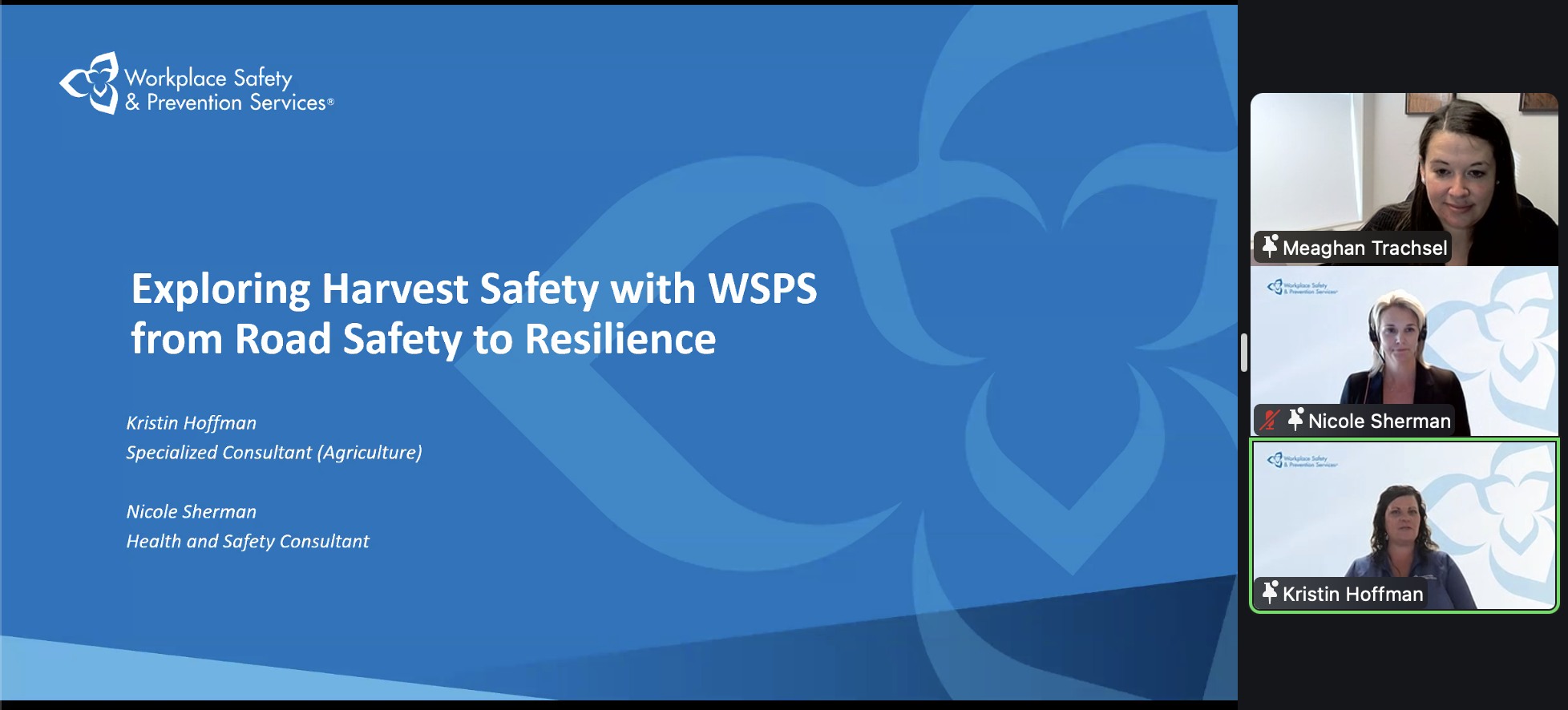A federal licensing system for Canadian farmers who opt to stay in the tobacco industry should require them to have signed contracts with licensed manufacturers, the George Morris Centre warns.
Tobacco growers in Canada are now waiting on the details of a proposed licensing allocation system before deciding whether to take Ottawa’s offer of compensation or take the new license and stay in the business, the Guelph-based ag think tank said in a paper released Monday.
The details of the $286 million compensation and licensing system, expected to be available for growers by March 31, will be important for those who have to make their decision, GMC senior research fellow Larry Martin wrote, but those details haven’t yet been announced.
Read Also

Tips for staying safe this harvest season
Kristin Hoffman of WSPS explains measures for increased farm safety around harvest season
“Once again, government has the opportunity to develop an effective program, or get it wrong, as it did with the current system,” he wrote. “Based on preliminary information about how licenses may be allocated, the probability seems high that the wrong choice will again be made.”
Apparently, Martin wrote, Ottawa plans to end the quota system for tobacco production and instead give remaining growers a license to produce unlimited quantities of tobacco.
Licensees who choose not to produce tobacco will lose their licenses and cannot sell or transfer them to others. And presumably, Martin added, it will continue to remain illegal to sell tobacco to unlicensed buyers.
The only requirements for a license, he said, appear to be that a licensee must not have already taken the current federal compensation program (TAP) or a previous federal/provincial package (TAAP), and that he or she must have no criminal record for tax evasion or smuggling.
Governments’ anti-smoking policies have clearly not worked so far, Martin said, since about 30 per cent of the cigarettes smoked in Canada are contraband. Smokers are driven to the black market by high tobacco taxes and the government is “unable or unwilling to control that contraband market.” Thus, tobacco producers who play by the rules suffer injury, hence the need for compensation.
“Self-policing”
To require only that a licensed tobacco grower pass a criminal record check would make it that much more difficult to police contraband, he said. “It is clearly in the interest of a licensed manufacturer to reduce contraband,” Martin wrote, so to require a grower to have a signed production contract before obtaining a license “has a large element of self-policing in it.”
The one reason for a grower to want a license without a legitimate end use contract, or without proof of production for legitimate product research, would presumably be to serve an “illegitimate end use,” Martin wrote.
A tobacco licensing system should also require that a licensed grower have access to tobacco storage infrastructure and must indicate the exact location of his or her production and storage sites. To stop contraband, enforcement officers need to know where licensed production and storage of tobacco is taking place.
“Knowing where to look means knowing that tobacco production or storage in unlicensed locations is quite likely aimed at the contraband market,” Martin wrote.
Having only a criminal record check might make for a transparent licensing process that has worked for other products, Martin said. However, “tobacco is not like other products. Very few other products have a huge and growing contraband market.”
A licensing system with very few requirements would make enforcement more expensive and less effective and would also reduce tobacco tax revenues, Martin wrote. “It may be more transparent, but it allows less transparency for bad guys.”
RCMP at Cornwall, Ont. on Tuesday announced charges against five Ontario residents and a 23-year-old man from New York state stemming from “Project Fortitude,” which investigated the alleged movement of contraband tobacco to New Brunswick from Akwesasne, Ont. RCMP said they seized over 11,000 resealable bags of contraband cigarettes in two separate arrests in July.
In an unrelated case, RCMP on Tuesday also announced charges against a Cornwall, Ont. man stemming from an arrest Monday and the seizure of 4,500 resealable bags of contraband smokes, as well as the seizure of a van stopped in Cornwall en route from Akwesasne.











